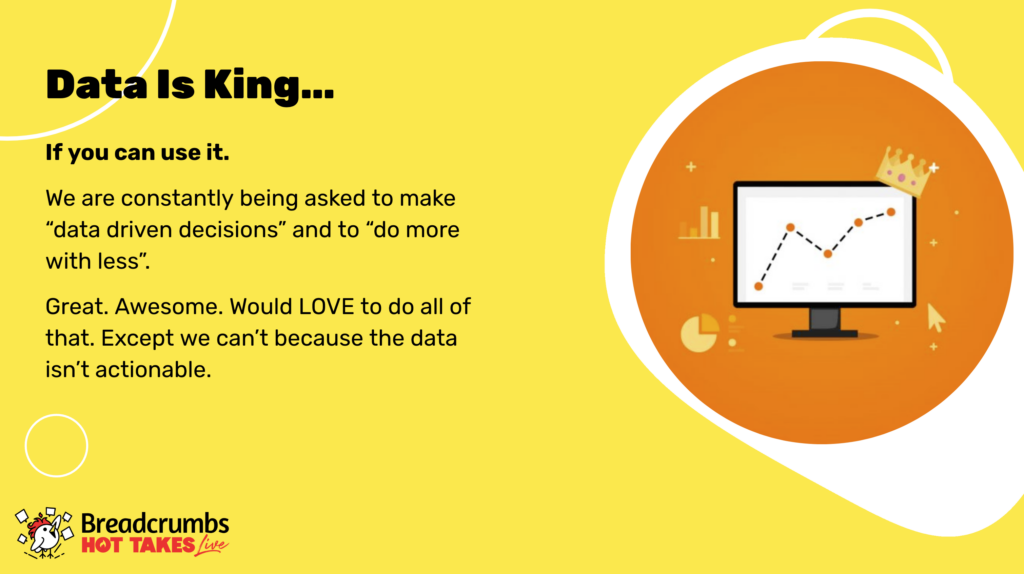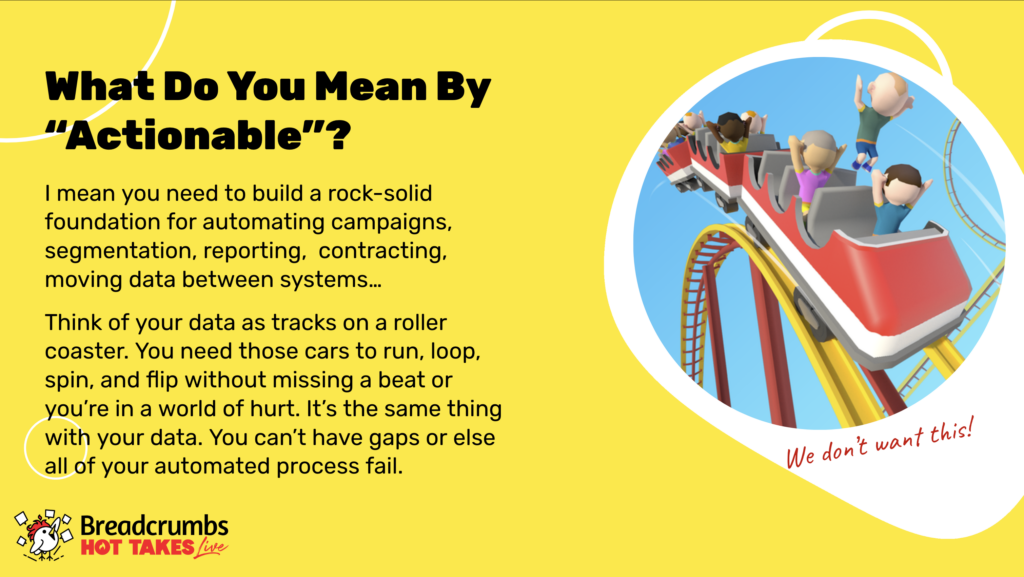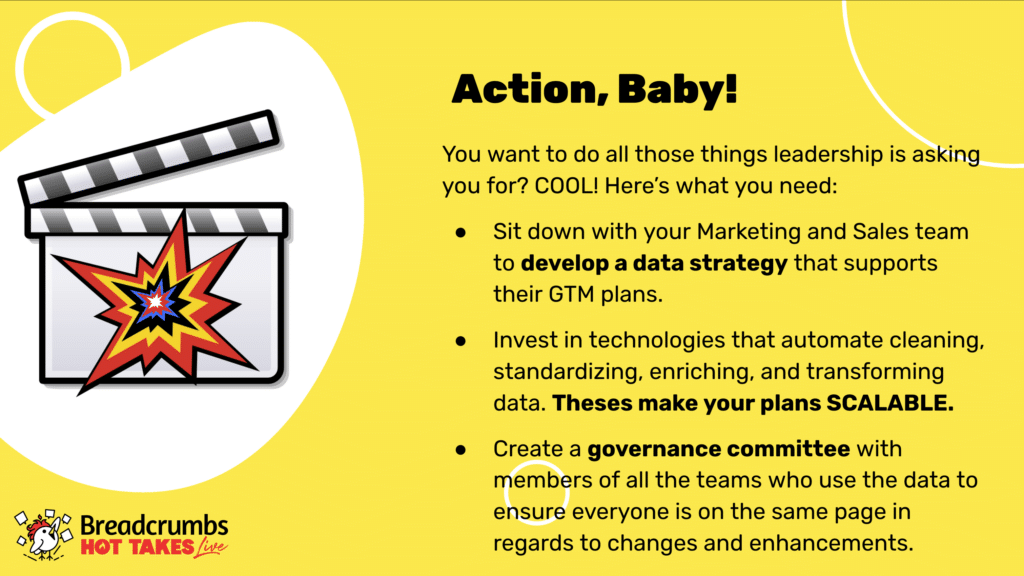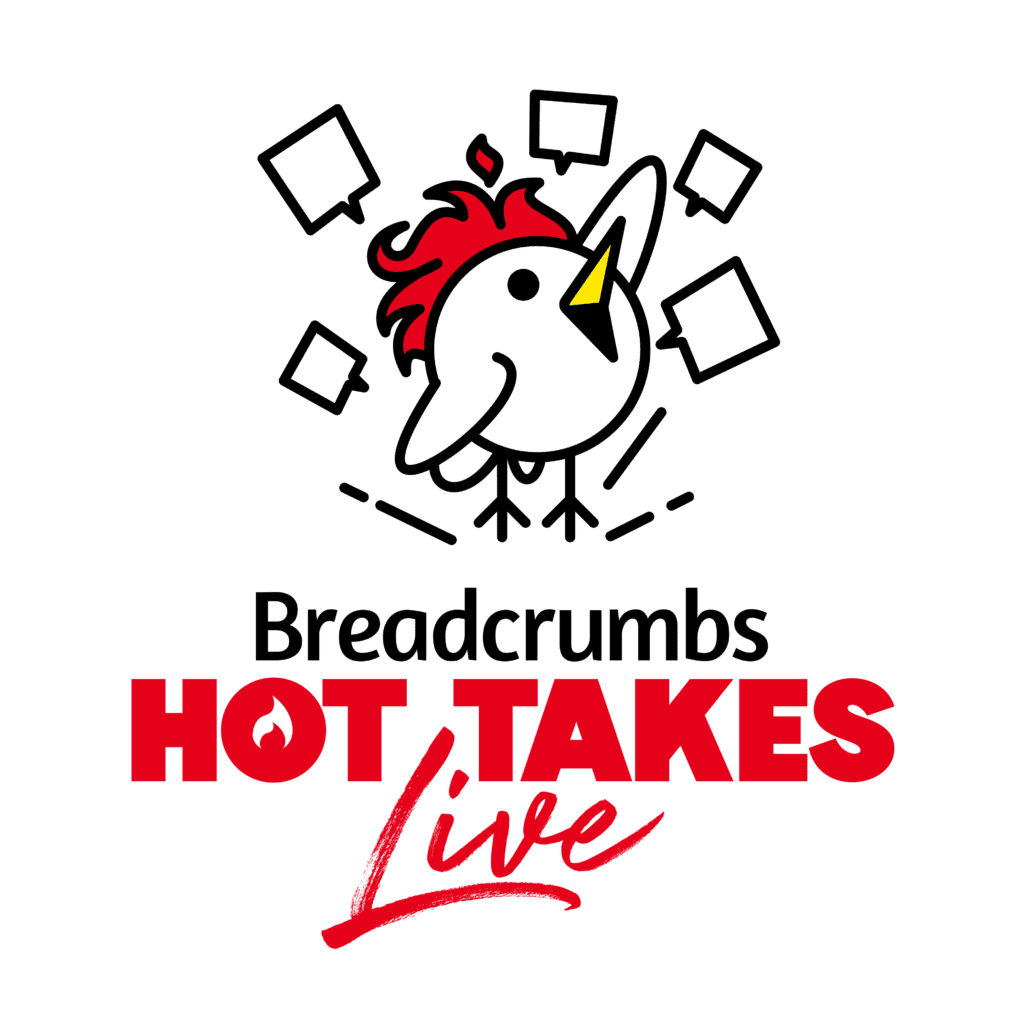

Unkover your competitors’ Marketing Secrets
Say goodbye to wasting hours on competitor analysis by equipping your team with an AI-driven, always-on competitive intelligence platform.


Say goodbye to wasting hours on competitor analysis by equipping your team with an AI-driven, always-on competitive intelligence platform.

Stay Ahead with AI-DRIVEN Competitive Intelligence
Unkover is your AI-driven Competitive Intelligence team delivering critical updates about your competitors the moment they happen:
Track your competitors website changes
Why spend all day stalking the competition when you don’t have to?
With Unkover, you’ll know instantly when your competitors tweak their messaging or shake up their pricing. No more endless scrolling through their sites or second-guessing your strategies.
Let us do the heavy lifting for you, ensuring you’re always in the loop by notifying you the moment a critical change happens on your competitor’s pages.
Sit back, relax, and keep winning—Unkover makes sure you’re not just in the game, you’re always a step ahead.


Read your competitors emails
Companies love updating their customers and prospects about relevant news, product updates, and special offers.
That juicy info from your competitors? It’s yours too. Unkover will automatically capture all their emails and bring them right to your doorstep—accessible to your entire team, anytime.
[COMING SOON: Our fine-tuned AI will sift through these emails, extract key information and send them over to the best team within your org. Less noise, more signal!]
We hear you! Unkover’s goal is not to flood you with tons of data points that no one in your team will ever read. We gather competitive intelligence from thousands of data sources and use AI to highlight actionable information to the right team in your company.
Say goodbye to noise. We’re 100% signal.
ROADMAP
We’re excited to get Unkover in your hands as soon as possible and keep building the best competitive intelligence tool with your precious feedback. The roadmap for the next few months is already exciting, so take a look!
While we build and deliver, here’s our promise to you: as an early tester and customer, you’ll lock in an exclusive bargain price we’ll never offer again in the future.

Spy on your competitors’ full marketing strategy: social, ads, content marketing, email flows, and more.

Track competitive Win/Loss analysis and build battle cards. Get alerted at every pricing change.

Get immediate alerts when competitors announce new features or major releases. Identify strengths and weaknesses from online reviews.

Get the competitive intelligence you need where you need it: Slack, eMail, MS Teams, Salesforce, Hubspot, Pipedrive and more.
slack integration
Unkover’s Slack integration lets you keep your whole team up to speed with your competitors’ updates.

Join now to lock in an exclusive 50% lifetime discount
For startups and small teams, it’s the essential toolkit you need to keep an eye on a select few competitors.

Up to 5 competitors

50 pages monitored

10 email workflows

3-day data refresh
$39
/per month
$ 79
50% discount
Billed annually
For growing businesses, it allows you to monitor more competitors, pages, and email workflows.

Up to 10 competitors

100 pages monitored

20 email workflows

1-day data refresh
$79
/per month
$ 159
50% discount
Billed annually
For large companies, it is tailored to meet the needs of multiple teams needing granular insights.

Custom number of competitors

Custom number of pages monitored

Custom number of email workflows

Hourly data refresh
Custom price
Billed annually

Brilliant GTM strategies only deliver if you can execute them flawlessly across a strong foundation. Spoilers: Most cannot.
In this session with Ali Rastiello, VP of RevOps at Health Catalyst, we’ll talk about data orchestration and why it’s so important to the RevOps stack.
Armando Biondi
This is session six of the first half of the Ops track! There is a lot going on today, so we would like to remind people just in case. Ali, we are very excited to have you back! You’re one of the very rare returning speakers for Hot Takes Live.
Ali Rastiello
Love it! Love to be here! Thank you for having me again.
Armando Biondi
I cannot wait to hear more from your sessions which is about go-to-market. “Go to market is a hot mess if you cannot execute.”
Ali Rastiello
Exactly! All right, hi, everyone! My name is Ali Rastiello I am the VP of RevOps at Health Catalyst. I’ve been there for about eight months, and it’s a really great company. I love to cook; my signature dish is crawfish cornbread. Someday I’ll beat Bobby Flay with it because I’m obsessed with that show and Bobby Flay, but that’s a topic for another day.
What we’re going to talk about today is our data. Everyone knows that data is king. That’s what you hear constantly, but only if you can use it. We’re always being asked to make data-driven decisions to do more with less.

Great! I’m so excited to do that. Would love to spend less money, have less resources, and be able to really activate that revenue in a better way. Except, I can’t because, a lot of times, the data doesn’t live where it needs to be.
I think that’s a huge problem for everyone. The data isn’t actionable, and what do I mean by actionable?
I mean, you need to build a rock-solid foundation for being able to automate campaigns, drive segmentation, reporting, contracting, and moving data between systems. All of those things that your marketing and sales teams need in order to do really smart marketing and sales by making it an effortless sales process for both your sellers and your customers.
Without having that foundation, it is so difficult!
I’d like to relate it to a roller coaster in which the data is the tracks to the rollercoaster, and you’ve got to be able to allow the cars, in this case, your business, go all the way up the climb, down that backside, flip, turn, twist, and meet every obstacle along the way.
From the market to the economy, or whatever happening in the world that’s affecting your business along with your sales and marketing, and being ready to pivot really quickly.
If you have any gaps, you will run into a lot of problems in all of your automated processes. Your processes will fail, and you won’t be able to be agile and move quickly to do the things that you need to do as an organization.

So what I would recommend is that you sit down with your marketing and sales teams and develop a data strategy before you try to do anything else. If you walk into a company that is a hot mess, your first conversation with everybody is asking:
There are so many things that you need to think about from a data perspective, and then once you have that strategy, you need to invest in technologies that automate, clean, standardize, enrich, and transform data.
This is what makes your plans scalable!

I will go on my soapbox and say that in a year or two, a data orchestration platform is going to be as important as your CRM and your marketing automation platform.
Some people think marketing automation platforms are going away; I don’t know. I haven’t seen anything that can do all the things that Marketo can do from an activity tracking and campaign execution standpoint, but who knows, maybe it will, I don’t know, but I do know that a data orchestration tool is going to be key!
My personal favorite that I’ve used is Openprise, but there are other options out there on the market.
I would also then create a governance committee because it’s not just sales and marketing that are using that data; it can be your finance teams or your customer success teams, or maybe even your legal teams.
There are so many different parts of the business that have to touch that data, make sure that other people are coming in, and create automation that may break yours, or dirty up data that you’re actively trying to clean on a regular basis.
So my key takeaway here is that you need to invest in your systems and processes to create a strong data foundation that powers scalable growth.

Hot Takes Live
Replays
Catch the replay of Hot Takes Live, where 30 of the top SaaS leaders across Marketing, Sales, and RevOps revealed some of their most unpopular opinions about their niche.
These leaders shared what lessons they learned and how they disrupted their industry by going against the grain (and achieved better results in the process).
Armando Biondi
Thank you, Ali! This was great.
If there are questions from the audience, feel free to put them in the chat, and we’ll pick them up from there.
I would love to double-click on a couple of things. So, I love the rollercoaster analogy. It feels very much on point, and I’m wondering about companies that are a hot mess. Give or take, from what you’ve seen, how many companies are a hot mess when it comes to data management and data strategy?
Ali Rastiello
I’ll be honest; I haven’t yet met a company that doesn’t struggle with this challenge.
I talk to people all the time, and this is probably the 5th tech company that I’ve worked in, and it is a problem across the board. Whether it is a big mess or a small mess, it is a problem.
For example, the company that I work in now has a very small TAM (Total Addressable Market). We’re a medical company that sells to hospitals, so our TAM is small, which makes our data set much smaller.
So, it’s a little bit easier to keep that clean, but when you’re in a bigger organization or when you’re going through a lot of M&A activities, you have a lot to manage. I worked in an organization that had at one point three Salesforces, two Marketos, and a Pardot that I had to manage.
When you reach a point where you’ve got multiple systems because of M&A strategy, a data orchestration tool is literally the only thing that’s going to save you from doing crazy stuff.
Armando Biondi
So a couple of questions from the audience. Heather is asking, “What vendors do you have a love for? Who should be on our radar to explore, coming from a scale-up company that doesn’t have a data orchestration layer?”
Ali Rastiello
So, I love Openprise, but I will say that they are very pricey and may not fit all sizes of organizations.
I would say look into ZoomInfo because they’ve been buying little pieces of data orchestration. I wouldn’t say that they’re a full data orchestration platform just yet, but they do have elements of lead-to-account matching, which to me is huge in some of the things that we’re looking to do as a company, and I think a lot of people are.
You are constantly wondering who you are talking to in the account. It’s really hard when you don’t have legal account matching to see in Salesforce.
Those are the two that I’ve explored.
Integrate was another solution that I used in the past. I don’t know how much they’ve really evolved over the years. They were more focused on addressing how you can bring top-of-funnel leads from media sources, for example, if you were doing content syndications and things like that. That’s what we’ve used them for, years and years ago. I know the platform evolved since then, but I don’t know to what degree.
Then you’ve got your enrichment platforms like ZoomInfo and others. We use Definitive Healthcare to handle hospital data, so those platforms are key to that “data orchestration piece.”
Armando Biondi
One thing that I find fascinating about your session is the underlying message that you’re essentially offering, which is a triaging framework.
You get into a company, you assess what the situation is, then you use that as a jumping-off point, and it’s essentially a way to anchor all strategy conversations, strategy talks and strategy people to reality.
Ali Rastiello
Yes, 100 percent! Most of the time, they have no idea that they can’t do these things that they’re being asked. When they’ve been doing something wrong, like executing a certain way for so long, you wonder how they’ve been doing that if their lifecycle [isn’t correct].
For instance, you don’t have the same status on a lead and contact records. How are you creating a fluid lifecycle? They can’t really answer that, and they don’t quite understand that it was broken, or maybe they knew it was broken, and they had no idea how to fix it.
It was something as simple as, “Let’s make some matching values,” but yeah, it’s really an assessment. Then, where do you start? What’s the low-hanging fruit? Where are the big gaps, and what do you need to purchase in order to fill those gaps?
Armando Biondi
I’m curious about your reaction to this. When I think about this specific topic, I feel that one of the fundamental fallacies about data is that people think of data as something that’s static and fixed in time, while the reality is completely the opposite.
Data is a living and breathing thing that changes and evolves, from today to tomorrow, to the next day, next month, and next quarter while still being very different.
So you need to think about it in a more fluid, almost probabilistic type of way, more than the terministic one.
Would you agree with that?
Ali Rastiello
A hundred percent! I mean, you’re constantly bringing in new leads, hopefully.
That is if your marketing is doing the right thing to bring in new leads. Your salespeople are constantly adding information or should be.
So there are always things getting added to the system that you need to make sure are cleansed, or put in the right way, or standardized in a way that you can action them, and they feed into all of your automated processes.
Your automated processes will change over time, or as you release new products that maybe fit a different segment of the market, or as you grow and realize that you’ve been an SMB company for so long. However, if you really want to grow, you have to hit mid-market and enterprise companies.
How do you do that? That’s a whole change in strategy, marketing, and even sales motion. You’ve got to be fluid and be at a place where you can just say, “I got you,” and be able to pivot all of that in the systems, where it’s not overwhelming to do.
Armando Biondi
Also because by the time you get there [to that point in the plan], it’s gonna be different like that data…
Ali Rastiello
Yes, exactly!
Armando Biondi
So, one last question before actually letting you go. This is from Christoph, which is a really good one. How do you successfully empower apps to use the insights from the data? Our apps often miss golden nuggets in the data we give them. Do you use Slack notifications directly in the CRM, chrome extensions, or anything else?
Ali Rastiello
Yeah, I mean, you can do all of those things, but I still think they won’t read them. I mean, that’s just real.
We usually do quarterly readouts of information like good nuggets. If it requires an alert, we’ll usually send alerts to their emails so that they know to go work on that task or maybe assign a task in Salesforce if it’s important, like “Hey, this lead is doing all kinds of stuff on the website maybe you should check it out.”, that kind of stuff.
I think the true insights come from your analysts. They come from people that live and breathe that data every day and know what to look for.
Then you have some sort of quarterly readout or bi-weekly readout. We have a weekly sales pipeline meeting that we reserve some time for that allows our analysts to say, “Hey, we’ve been seeing this trend. We recommend checking that out.”
Armando Biondi
Awesome, Ali! Thank you so very much, and to the audience, thank you for watching!